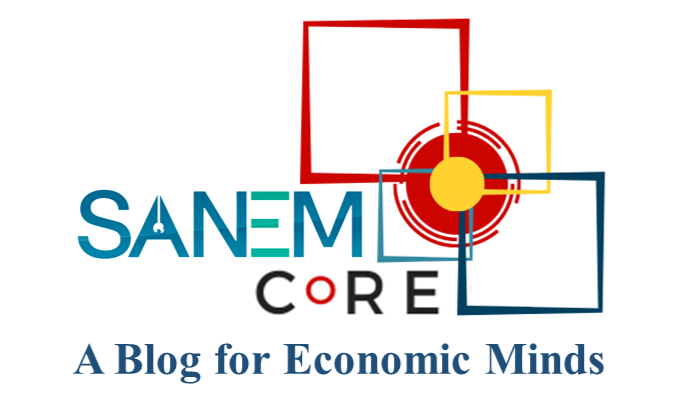July Uprising was not just a political upheaval; it was a call of political awakening for an otherwise apolitical generation, who now not only participates in politics but has opinions and everything. For decades, “youth” has been a buzz word in election campaigns, political agenda, news reports and in novels- that always hits. However, in reality, they suffer endlessly – getting a degree, getting a job, living and dying decently, the list does not end. The great Bangladeshi dream for anyone between 15 and 35 was (and may be still is) either to land a government job or to leave the country- nothing more, nothing less. The interim government, almost one year in the office, has many youth-centric reformations in pipeline that may not be enough to resolve this crisis.
Recently, SANEM-ActionAid Bangladesh led ‘Youth Survey 2025’ revealed interesting facts about their hopes, disillusionment and a way forward. The survey was conducted on more than 2000 Bangladeshi youths (aged 15-35 years). More than half of the respondents reported being aware of the proposed reforms, while 43.5% remain completely in the dark regarding the matter. What went wrong there? Are they thinking no amount of reformation will change their fate or these won’t see the light of the day in the first place, or is the government failing to include the young population in decision making processes- causing them to lose interest, is the media failing to reach them effectively?
It is possibly a mix of all these factors. The government has formed 11 reform commissions- of which the election reform commission has created the most hype (73.4% youth are aware they exist), followed closely by the anti-corruption commission (64.8%), police reform commission (58%); highly technical teams like the task force (10.7%) and white paper committee (6.6%) remain at the bottom of popularity. This indicates that updates related to elections grab public attention more easily.
Interestingly, awareness is even more nuanced for specific reform proposals. For instance, 61% of respondents are aware of the proposal to set the minimum age for contesting parliamentary elections to 21 years. Similarly, 52.2% are aware of the proposal to limit MPs from holding multiple key positions simultaneously. In contrast, awareness significantly drops for reforms that aim to improve labour conditions or social protection. Only 39.6% of youth know about the provision for six-month maternity leave for female workers, and fewer than 22% are aware of compensation for delayed wages or efforts to revise outdated wage scales. Even fewer (11.2%) are aware of the reform of mandatory appointment letters for all newly recruited workers. Under 10% have heard about reforms making it easier to form trade unions or establish permanent labour commission.
The data reveals a fascinating paradox when it comes to understanding awareness and priorities of these reforms. While education system reform dominates youth priorities (with over 90% rating it as urgent) and labour and health sector reforms following closely behind, these are areas where awareness of specific government proposals remains dismally low. Human rights- and institutional reforms are the next very urgent concerns in case of priority of reforms. This misalignment suggests either the interim government operates with a different understanding of youth priorities, or there’s a critical failure in translating youth concerns into policies.
47.5% of the respondents who still retain optimism believe the proposed reforms may be implemented. Around 36.9% of the respondents believe that these reforms could increase youth participation in politics and decision-making processes- even though 82.7% reported having no interest in joining politics soon.
No matter which government was in power, the country has always been unsafe for the marginalized (e.g., women, differently abled, and ethnic minorities). At the moment, 33.5% of youth believe the proposed reformations have incorporated the rights of the marginalized and 18% think they have been disregarded.
The survey findings reveal that this generation finds itself increasingly alienated from the reform processes they had set the stage for. This awareness gap represents a disconnect between the policy approaches of the interim government and the lived experiences of young Bangladeshis who continue to grapple with unemployment, economic uncertainty, and limited prospects for meaningful change. More than 65% of the youth surveyed do not think youth needs are being represented by these political parties. Emerging youth-led political parties from the July Uprising movement are responsible for bridging policymakers and youths. Similarly, established political parties must move beyond using youth as mere voting machines to genuinely engage them in substantive policy discussions. They should build effective mechanisms to connect with youth, which 84% of the respondents believed they failed to do so. Unless government initiatives are timely and well-coordinated, even their best intentions won’t reach young people.




RECENT COMMENTS